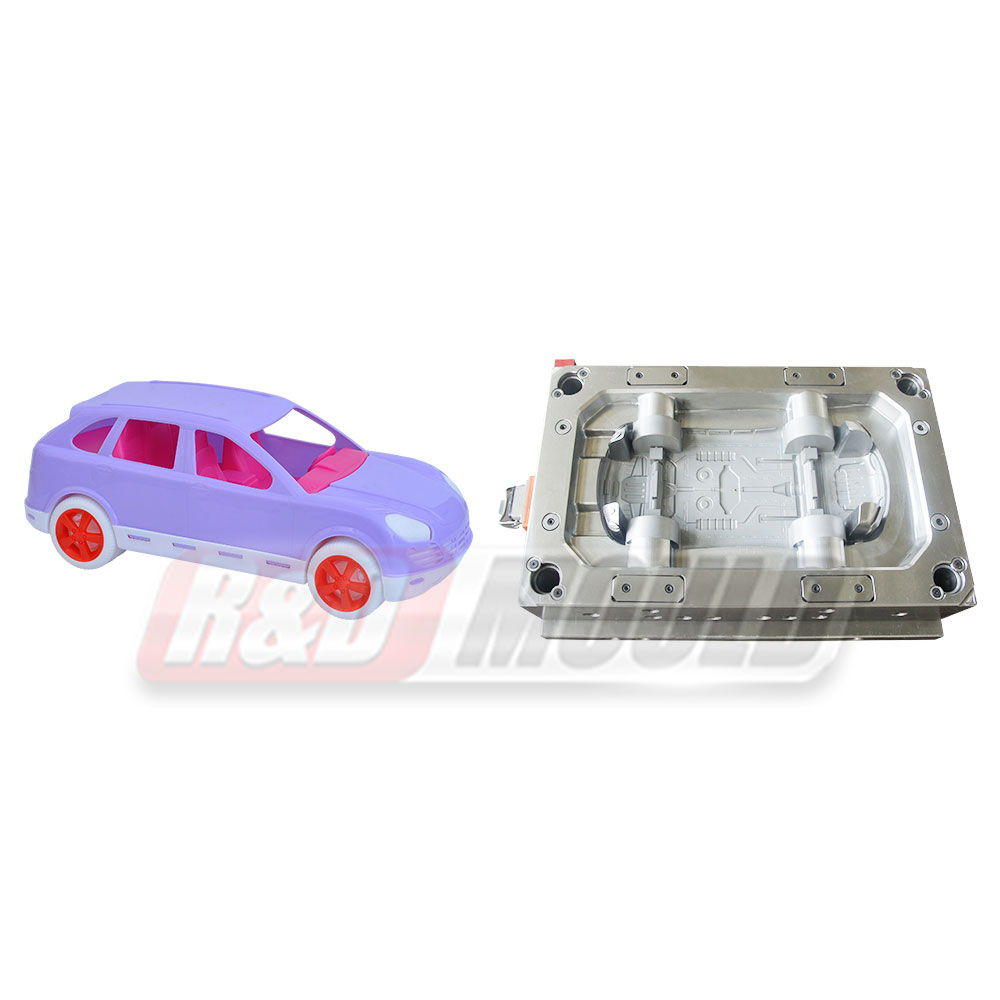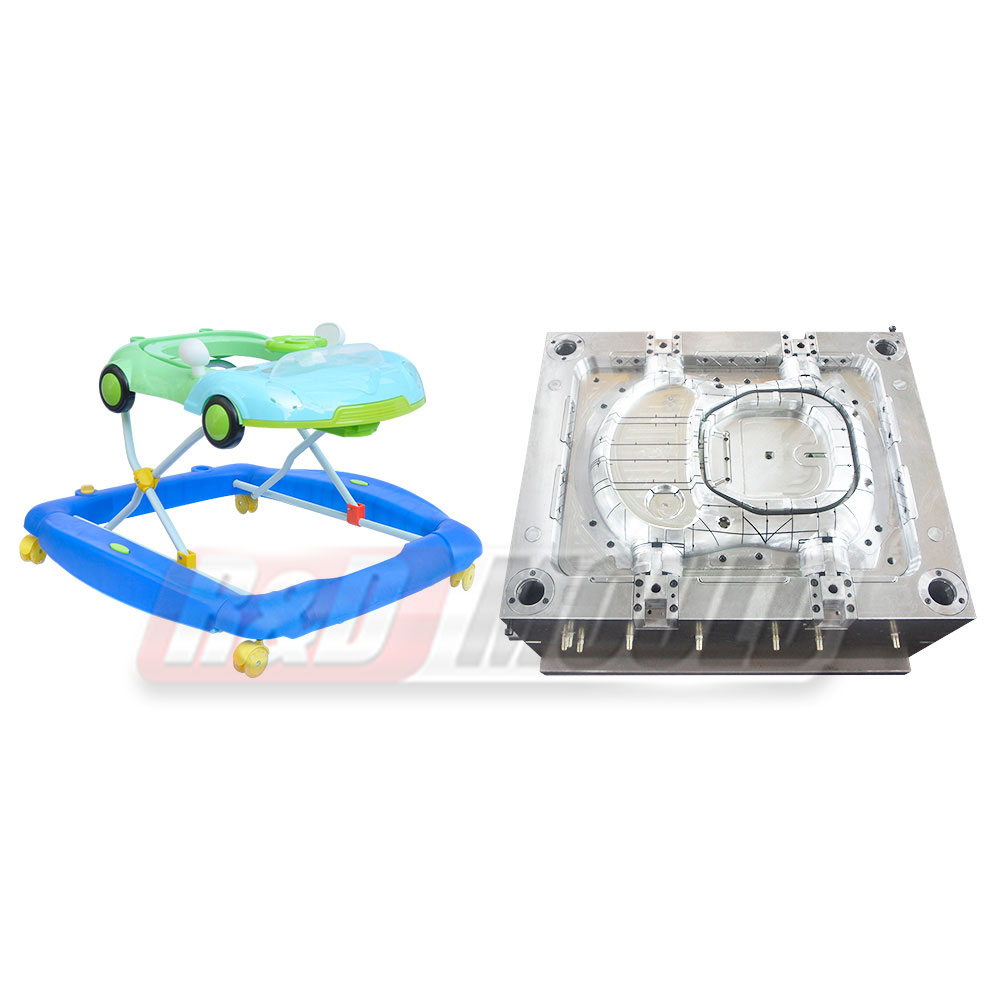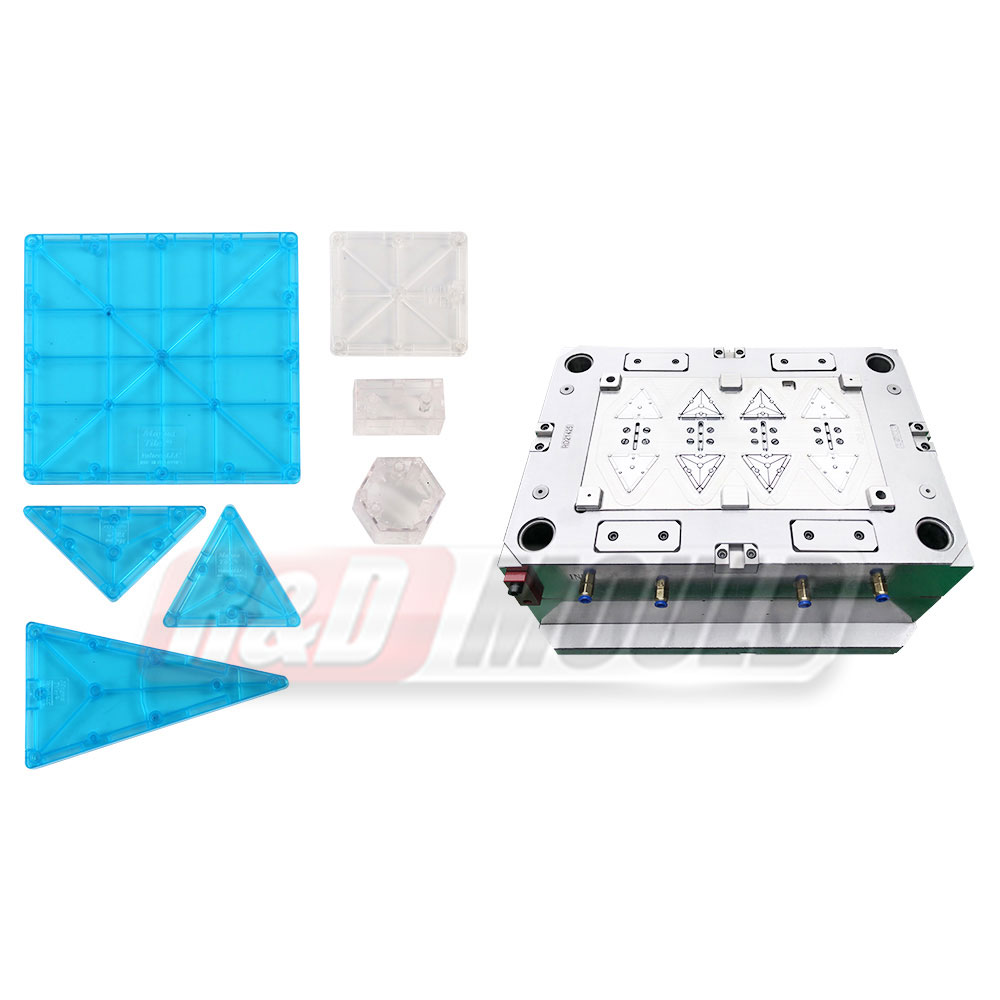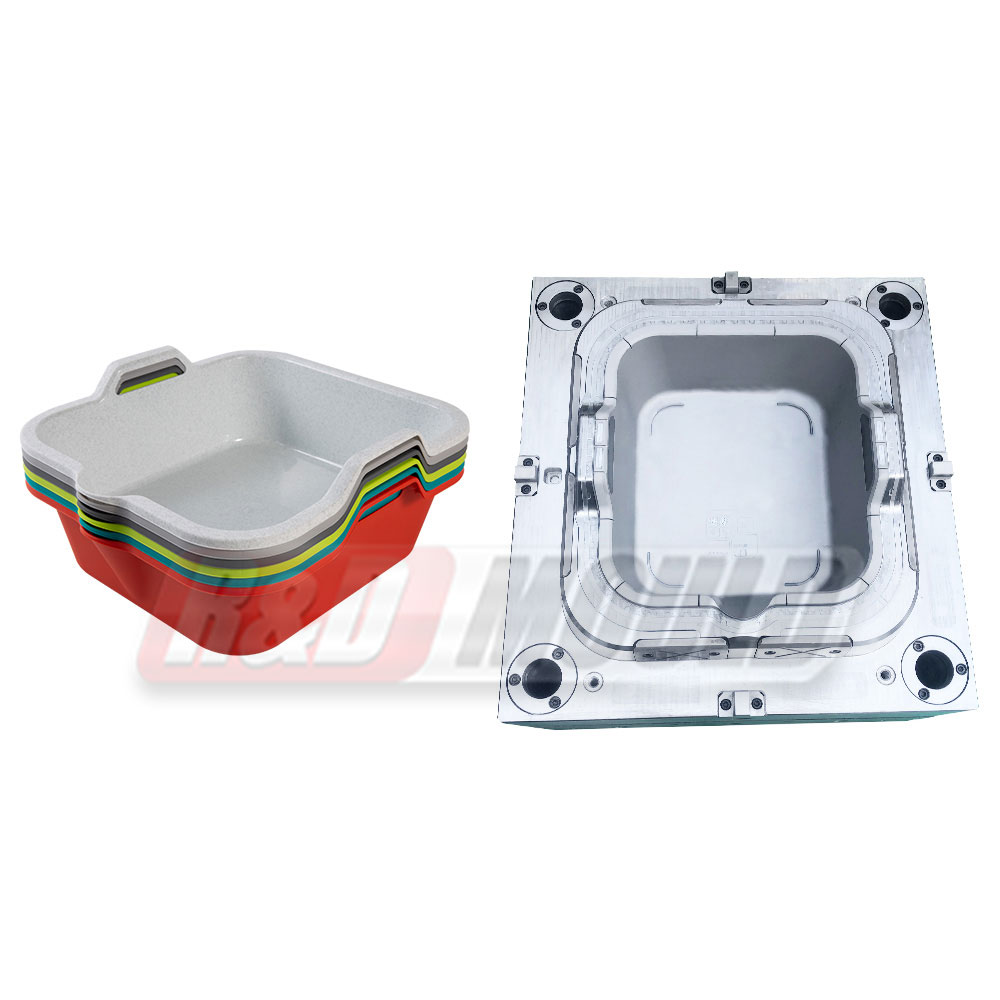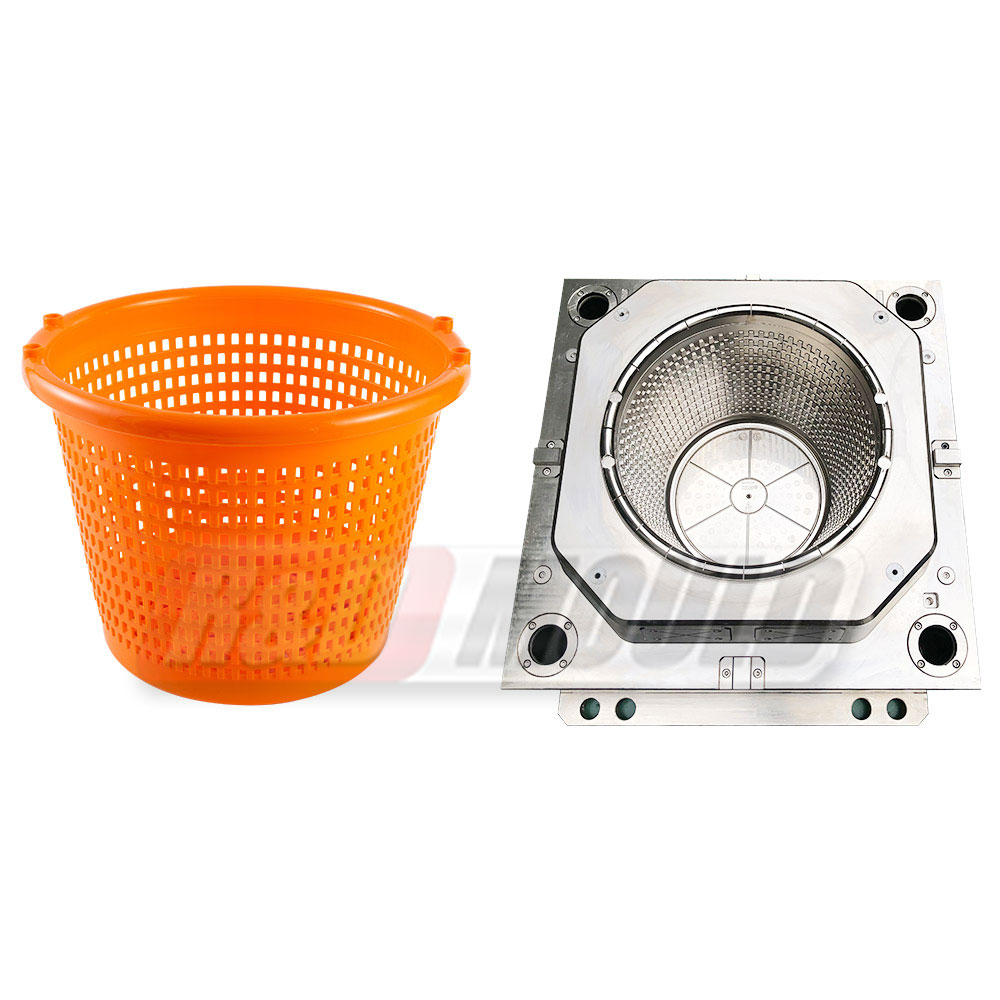The plastic mould has become an indispensable component in modern manufacturing, powering efficiency, precision, and scalability across a range of industries. From consumer goods to automotive, medical devices to packaging, the plastic mould plays a central role in shaping products that define everyday life.
As demand for specialised components grows, businesses are increasingly turning to custom plastic mould solutions to meet industry-specific needs. With advancements in design software, tooling techniques, and material science, the plastic mould industry is evolving to deliver more tailored, high-performance moulds that align with unique application requirements.
Plastic Mould in the Automotive Industry
In the automotive sector, the plastic mould is widely used for both interior and exterior components. Manufacturers rely on high-precision plastic mould designs to produce dashboard panels, air vent systems, lighting housings, and bumper components. The need for lightweight, durable, and cost-effective parts makes plastic mould solutions a practical choice for carmakers.
What sets automotive moulds apart is their requirement for tight tolerances and resistance to heat, vibration, and chemical exposure. Custom plastic mould manufacturing in this space often involves multi-cavity designs, overmoulding, and high-temperature materials such as PEEK and nylon with glass fibre reinforcement. As electric vehicles and autonomous technologies continue to expand, the role of plastic mould technology will also become more integral in producing precision sensor housings and battery enclosures.
Medical Applications and the Role of Plastic Mould
In the healthcare industry, the plastic mould is essential in the production of disposable and reusable medical components. From syringes and IV connectors to surgical instrument handles and diagnostic devices, the plastic mould is trusted for its ability to replicate intricate geometries with exceptional hygiene standards.
Medical-grade plastic mould manufacturing requires adherence to strict regulatory guidelines and the use of materials that are biocompatible, sterilizable, and chemically inert. Suppliers must offer cleanroom production environments and implement robust quality assurance processes. Increasingly, medical companies demand plastic mould solutions that can accommodate miniaturisation, ergonomic shapes, and branding customisation—all while meeting FDA or CE standards.
Plastic Mould in Consumer Electronics
The plastic mould also plays a significant role in the consumer electronics industry. Device housings, connectors, and internal structural parts are often made using precision plastic mould techniques. Smartphone cases, laptop frames, and smart home devices require high-dimensional accuracy and surface quality, which a custom plastic mould can consistently deliver.
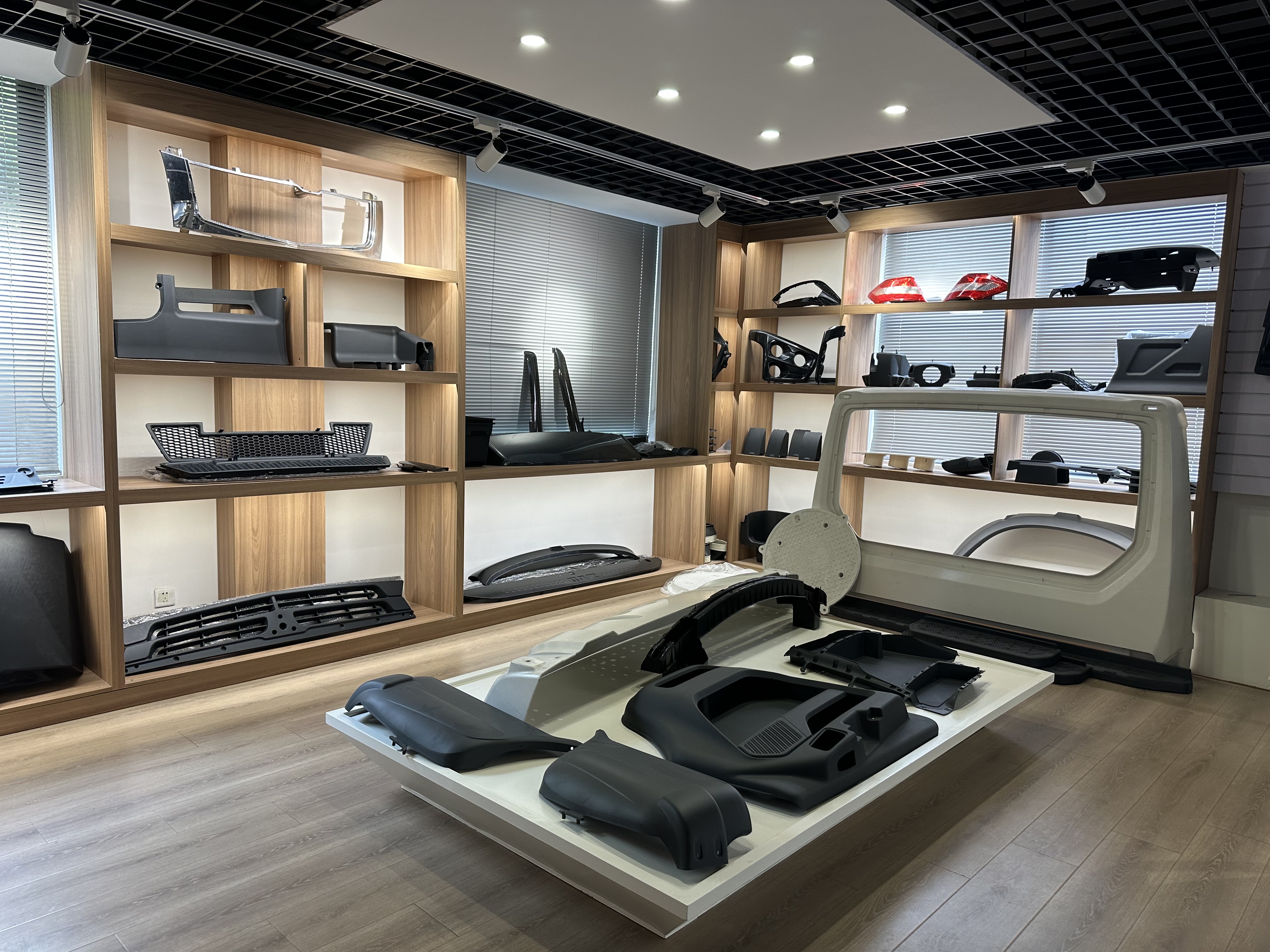
In this industry, aesthetic appeal is just as important as functionality. Therefore, plastic mould design incorporates texture, gloss level, and even colour integration during the moulding process. With the miniaturisation of devices, manufacturers demand plastic mould solutions capable of producing ultra-thin walls, complex undercuts, and snap-fit designs.
Food and Beverage Packaging
The food and beverage sector depends heavily on plastic mould technology to produce packaging that is safe, attractive, and practical. Items such as bottle caps, yoghurt cups, takeaway containers, and beverage lids are all mass-produced using high-efficiency plastic mould systems.
Custom plastic mould solutions for this industry focus on fast cycle times, easy demoulding, and compliance with food safety standards. Moulds must be capable of high-speed injection to meet the volume requirements of this competitive sector. In addition, many companies are exploring biodegradable plastics and need plastic mould designs that accommodate these new materials without sacrificing strength or seal integrity.
Logistics and Industrial Applications
In logistics and industrial settings, the plastic mould is used to manufacture heavy-duty items such as storage crates, pallets, bins, and tool cases. These products require plastic mould designs that balance robustness with weight optimisation.
Here, custom plastic mould development often involves structural simulations to predict load-bearing behaviour, material flow, and long-term wear. Reinforced plastics, UV-resistant polymers, and anti-static materials are commonly used. Whether it’s a collapsible crate or a stackable pallet, the plastic mould ensures consistent performance under demanding operational conditions.
Customisation: A Defining Feature
One of the important trends shaping the plastic mould industry is the increasing demand for customisation. Across all sectors, manufacturers are seeking plastic mould solutions that cater to their specific product lines, branding strategies, and functional expectations.
Customisation involves more than just dimensions; it encompasses gate locations, cooling channel layout, surface finish, and even modularity for future upgrades. The plastic mould suppliers provide end-to-end support, from product development consultation to mould maintenance and post-sale services.
With the use of CAD/CAM systems, 3D scanning, and simulation software, plastic mould production is becoming faster and more accurate. This allows businesses to bring customised solutions to market more efficiently, with fewer iterations and reduced waste.
The Future Outlook
As industries evolve and product complexity increases, the plastic mould will continue to adapt. Innovations such as conformal cooling, multi-material moulding, and hybrid tooling are expected to enhance the versatility and efficiency of plastic mould applications.
From sustainability to automation, the future of plastic mould manufacturing lies in its ability to deliver precision, speed, and adaptability. Whether it’s a medical device or a logistics container, the plastic mould remains at the centre of industrial progress, enabling companies to innovate and compete in their respective markets.
In conclusion, the plastic mould is more than just a tool—it's a foundation for innovation across industries. Its diverse applications and growing customisation capabilities reflect a dynamic market that continues to evolve with technology, regulation, and user expectations. As demand increases for precision, reliability, and scalability, the plastic mould will remain an essential element in global manufacturing.





 English
English عربى
عربى Español
Español Français
Français